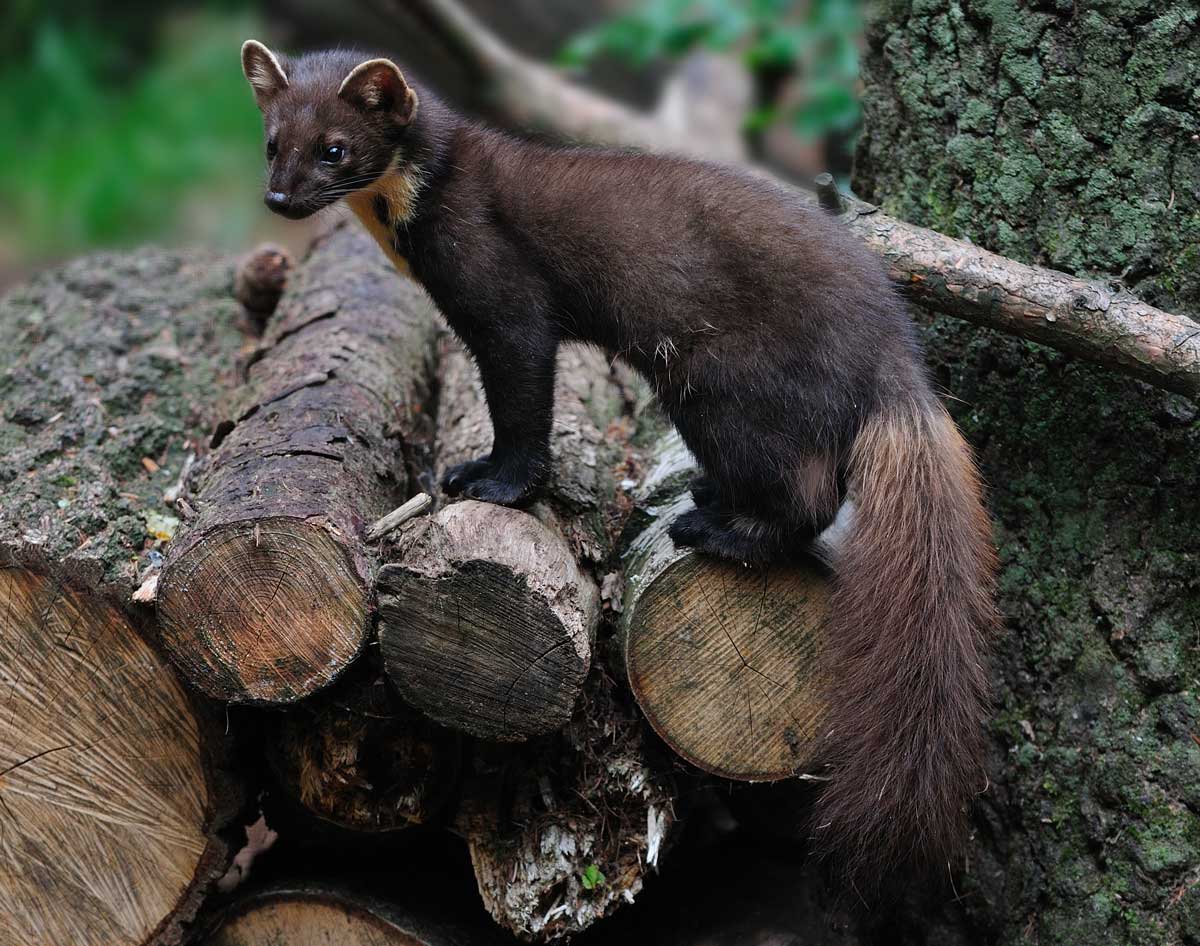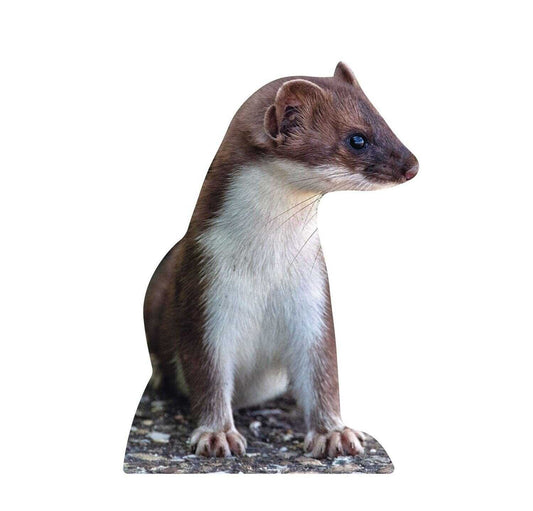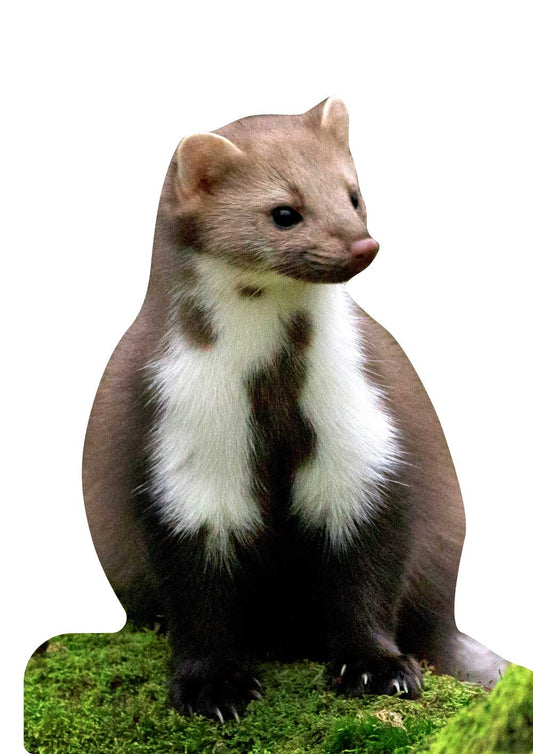
pine marten
The pine marten, known for its agile climbing style and distinctive cream-coloured throat patch, is an important part of European forests. This fact sheet provides a comprehensive overview of the biology and ecology of the pine marten and supports awareness-raising for its conservation and the protection of its habitat.
pine marten Products
-
Animal display pine marten
2 reviewsRegular price From 39,90€Regular priceUnit price / per -
Animal set - forest animals
3 reviewsRegular price 359,90€Regular priceUnit price / per -
Animal Display Weasel
Regular price 9,90€Regular priceUnit price / per -
Extension set - "Black Forest"
Regular price From 319,90€Regular priceUnit price / per -
Animal display pine marten - outdoor set
No reviewsRegular price 55,50€Regular priceUnit price / per -
Animal display pine marten - outdoor set
No reviewsRegular price 37,70€Regular priceUnit price / per -
Animal display pine marten
No reviewsRegular price From 29,90€Regular priceUnit price / per -
Pop-Up Wall "Forest Habitat"
No reviewsRegular price 300,00€Regular priceUnit price / per -
Pop-Up Wall "Forest Habitat"
No reviewsRegular price From 1.200,00€Regular priceUnit price / per
Profile: pine marten
-
Scientific classification
- Class: Mammalia (mammals)
- Order: Carnivora (predators)
- Family: Mustelidae (Martens)
- Genus: Martes
- Species: M. martes (pine marten)
-
Physical characteristics
- Size: 42-48 cm body length
- Tail length: 22-27 cm
- Weight: 1.5-2.1 kg (males tend to be heavier than females)
- Special features: Slender body, brown fur with a characteristic cream-colored spot on the throat, very mobile and agile climbers.
-
Habitat and distribution
- Common regions: Widely distributed in Europe and parts of Asia
- Habitat: Deciduous and mixed forests, often in old, hollow trees or rocky outcrops
- Adaptability: High adaptability to different forest habitats
-
Nutrition
- Diet: Omnivore
- Typical food: Small mammals, birds, insects, fruits, and eggs
-
Reproduction and lifestyle
- Mating season: end of summer
- Gestation period: Approx. 7-8 weeks
- Litter size: Average 2-3 young
- Social structure: Solitary, except during mating season
-
Lifespan and protection status
- Life expectancy: Up to 10 years in the wild, rarely longer
- Endangered status: Not endangered, but threatened by habitat loss in some areas
- Conservation measures: Preservation and protection of forest areas to safeguard their habitats








